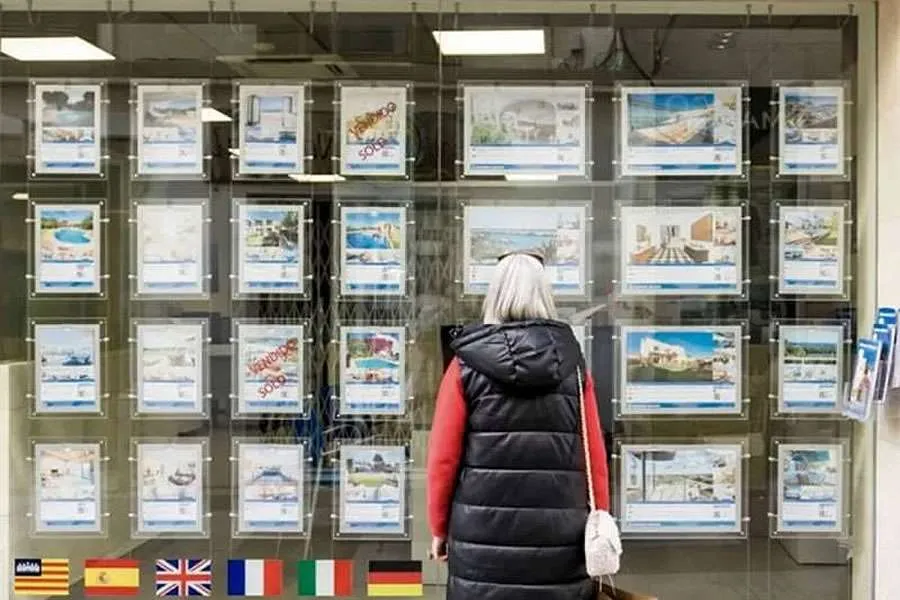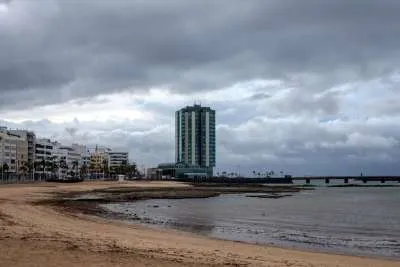Germans are the main foreigners buying property in the Canary Islands
- 12-09-2025
- Business
- Canarian Weekly
- Photo Credit: CW Stock Image
Foreign interest in the Canary Islands is no longer limited to holidays, as increasing numbers of Europeans are looking to the Archipelago not only as a tourist destination but also as a place to buy property, whether as a second home, a retirement base, or even for permanent relocation.
According to data from real estate portal Idealista for the second quarter of 2025, Santa Cruz de Tenerife is the fourth Spanish province with the highest level of foreign demand, with 25.8% of housing searches coming from abroad. Las Palmas ranks sixth, with 20.2%.
Germans ahead of the British and Italians
While Brits have traditionally dominated the Spanish property market, in the Canary Islands it is the Germans who are currently showing the most interest. They account for 25% of foreign housing searches in Santa Cruz de Tenerife and 24% in Las Palmas. The British and Italians take second and third place respectively, each with figures between 10% and 14%.
This trend strengthens the islands’ long-standing ties with European tourism and underlines their growing appeal as a residential hub. Many buyers are looking for second homes to use during holidays, to split their year between countries, or as a base for eventual retirement.
Political debate on housing access
The surge in foreign demand has fuelled political debate in the Canary Islands, where access to affordable housing remains a pressing concern for residents. The regional government and the Federation of Canary Islands Municipalities (Fecam) have agreed to form a working group to design tools that would give local councils greater control over housing access.
The aim is twofold: to encourage population stability by ensuring availability for locals in some areas, while limiting foreign purchases in others.
The Canary Islands president, Fernando Clavijo, recently told Parliament that the Spanish government “now recognises” the possibility of restricting property purchases by non-residents in the EU’s outermost regions, such as the Canary Islands. He also highlighted the potential organisation of the first-ever European Union housing conference, which could address this growing challenge.
Elsewhere in Europe, restrictions are already in place. In Malta, for example, buyers must prove at least five years of residence before acquiring a second home. In Denmark, only permanent residents or those who have lived in the country for five consecutive years can buy property.
Across Spain, Alicante leads the way with 33.2% of housing demand coming from abroad, followed by the Balearic Islands (31.5%) and Málaga (27.1%). Santa Cruz de Tenerife is next with 25.8%, ahead of Girona (24%) and Las Palmas (20.2%).
Other articles that may interest you...
Trending
Most Read Articles
Featured Videos
TributoFest: Michael Buble promo 14.02.2026
- 30-01-2026
TEAs 2025 Highlights
- 17-11-2025




























































